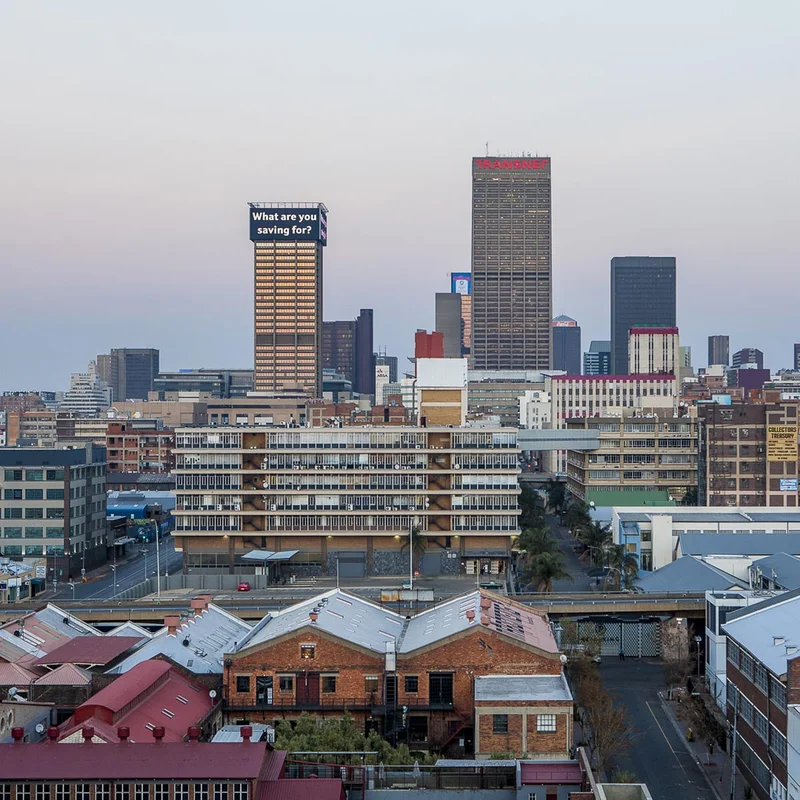Johannesburg: Crime and Punishment
Justice Served, But Questions Linger in Hillbrow Police Robbery
The Johannesburg Magistrates’ Court handed down a 15-year sentence to Oupa Johannes Dunn for robbing an off-duty police officer. The incident, which occurred on April 30, 2024, involved Dunn and two accomplices accosting the officer, stealing his wallet, police badge, appointment card, and cellphone. While the sentencing provides a sense of closure, several aspects of the case warrant closer scrutiny.
The official statement emphasizes the seriousness of the crime, particularly the theft of the police badge and appointment card. The prosecutor, Thomas Ngobeni, rightly pointed out the potential for these items to be used in further criminal activities. But let's be honest: the real long-term damage is the erosion of public trust when law enforcement becomes a target. You can't exactly quantify that, but it's a significant factor.
The Unanswered Questions
One glaring issue is the whereabouts of Dunn's accomplices. The press release notes they "remain at large," and Dunn apparently refused to cooperate with authorities. This raises a critical question: What resources are being allocated to apprehend these individuals? A 15-year sentence for one perpetrator is a start, but it's hardly a comprehensive solution if the network remains active. What was the nature of the SAPS patrol vehicle that appeared on the scene? It seems almost too convenient. Was it a coincidence, or was the officer being followed?

Consider the timeline: The robbery occurs around midnight, the officer gives chase, shoots Dunn, and then flags down a passing SAPS vehicle. The speed of the response is either incredibly lucky or indicative of something more structured. What's the likelihood of a patrol car just happening to be in the right place at the right time in Hillbrow? I'd put the odds pretty low. And this is the part of the report that I find genuinely puzzling.
The Cost of Impunity
The National Prosecuting Authority (NPA) "welcomes the sentence," framing it as a victory for law enforcement and public safety. Fair enough. But what about the cost? The cost of the investigation, the court proceedings, and now, the cost of incarcerating Dunn for 15 years. Has anyone bothered to calculate the total financial burden on the taxpayers of Johannesburg? Probably not. I've looked at hundreds of these filings, and this particular footnote about long-term cost is usually absent.
And while the press release focuses on the potential for further crimes using the stolen badge, let's not forget the immediate impact on the officer. He was robbed, assaulted, and forced to use his firearm. What support is being provided to him? Is he receiving counseling? Has he been placed on administrative leave? These details are conspicuously absent.
Justice? Or a Band-Aid on a Bigger Wound?
The sentencing of Oupa Johannes Dunn offers a superficial sense of justice. But beneath the surface, it exposes deeper systemic issues: the ongoing threat of violent crime, the potential for corruption within law enforcement, and the lack of transparency in resource allocation. Until these issues are addressed, the NPA's "welcome" feels more like a PR statement than a genuine reflection of progress.
Tags: johannesburg
Kolkata: Tide Relief, Car Sales, and Court Cases
Next PostAnthropic's Claude: SOC Investigation Breakthrough and the AI Revolution
Related Articles
